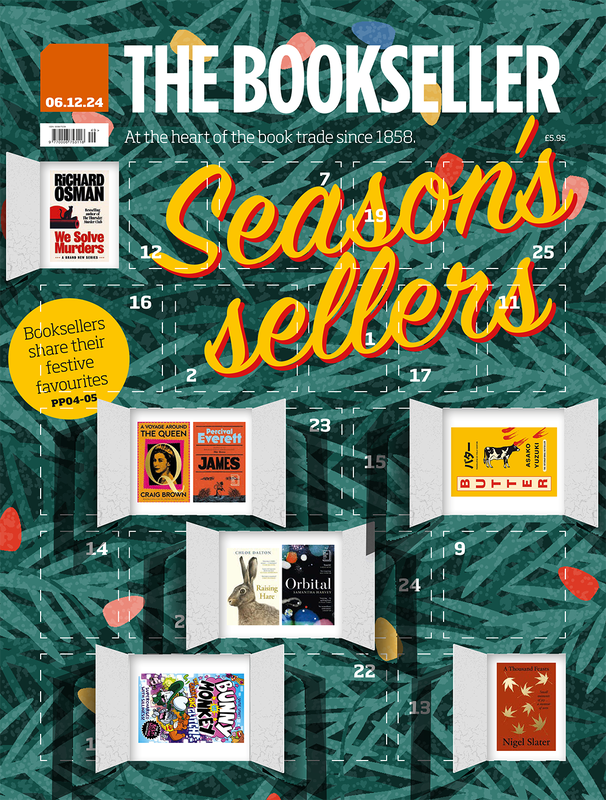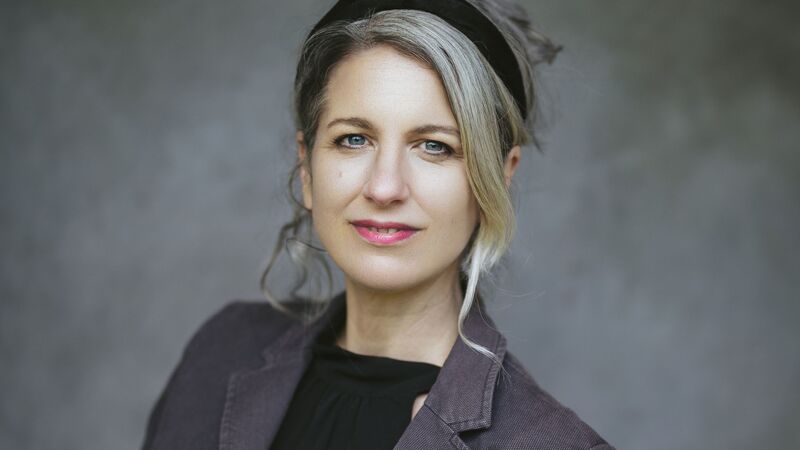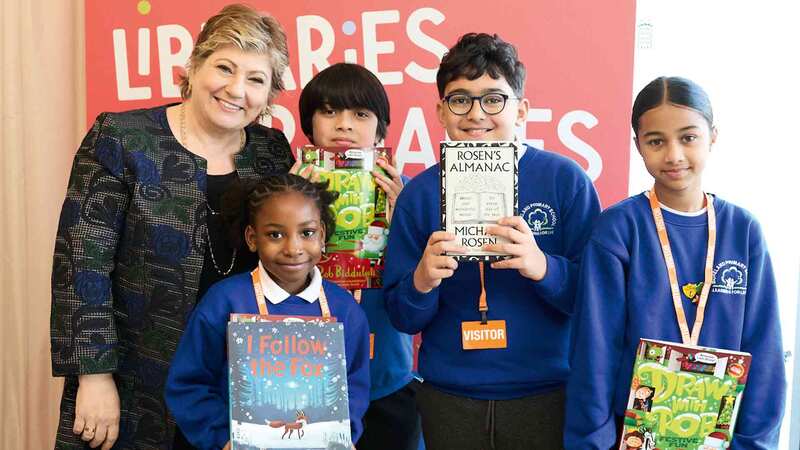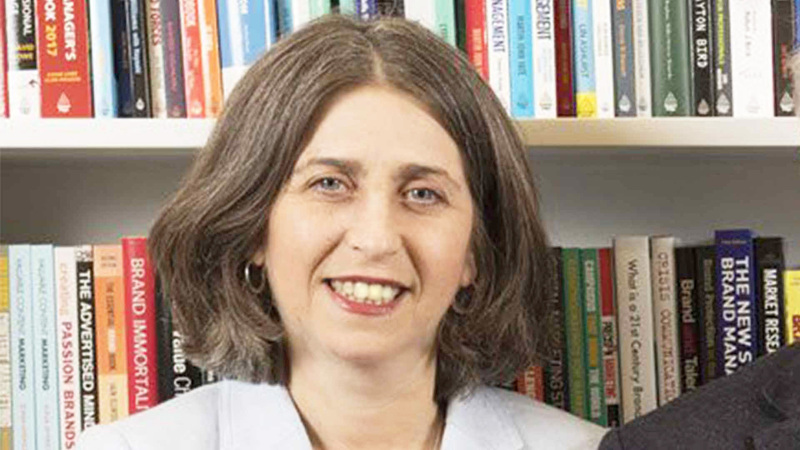You are viewing your 1 free article this month. Login to read more articles.
Bigger is not always better
Last year, only by serendipity, after more than two decades as a retailer/bookseller I became a publisher. A friend, also a publisher, wrote to me. “Welcome,” she said, “to the dark side.” She works for a much larger company, recently swallowed by another. Perhaps, but the world of the micro-publisher is very different to its corporate equivalent. But why use the phrase “micro-publisher” at all? Why invent a new label in an industry already rather over-fond of jargon? There are several reasons. For us, at the smallest, sharpest end of the market, it feels imprecise to use the word “independent”, covering as it does everyone from the single-book publisher to the likes of Canongate or Faber. But you can also define micro-publisher more exactly by turnover —shall we say less than £500,000 a year across all imprints, across the world?
More tellingly, you can define it by spirit. I hope you know Little Toller; if you don’t, I’m not doing my job very well, which is perfectly possible. We publish books about nature, landscape and our relationship with the natural world. There are four of us in the office, usually fewer, plus freelance proof-readers. We publish around 12 books each year, never outside our remit, never jumping on bandwagons, working closely with a small group of writers, naturalists and artists who reflect our aesthetic. They include Iain Sinclair, Adam Thorpe, Alexandra Harris, Amy Liptrot, Oliver Rackham and Richard Skelton. We’re based in Dorset, in a beautiful converted barn (how to tell if you’re a micro-publisher—is there a dog in your office? If so, you might be), but our books are far from parochial, and not rooted in a bucolic idyll.
The challenges are many—there’s no spare cash, every reprint a carefully weighed decision, every pound spent is spent with care, and therefore with precision. Sometimes it’s difficult to get the attention of the wider trade. This business is not going to make us rich. The rewards, though, are endless—without the need to tell the City, or even a finance director, exactly how the past 12 weeks have been, you’re granted tremendous freedom to work on whatever you feel is right, or not work on something you feel is not right. Little Toller, for instance, publishes almost no e-books. The quality of the printed book, its design, paper and feel, is paramount. Digitally, all this is lost—so why devalue our own product?
What has struck me, overwhelmingly, about the world of the micro-publisher over the past few months is the spirit of doing things differently, and succeeding, while caring little for how others might approach it. Last year, for the first time, we crowdfunded a book (Horatio Clare’s wonderful Orison for a Curlew, £12 in all good bookshops, since you ask), we commission prints to go alongside special editions of our new books, we’re considering a series of writers’ workshops, we make short films to accompany books, we’ve developed new writing through our blog (The Clearing), and we’re always looking for others to collaborate with and to make new informal alliances. There’s extraordinary, original and authentic creativity, always commercial, by necessity and indeed by inclination. Other micro-publishers do the same, every day. And there is recognition in the trade—bookshops, specifically, are often intensely aware that their customers are more than ever suspicious of the generic, and are ready to embrace the distinctiveness that micro-publishers can offer.
There’s nothing wrong with “the big”, of course. In previous roles I’ve seen the extraordinary results of larger businesses working single-mindedly on books and campaign for books, which would be impossible to replicate on a smaller scale. But it’s ideas that fuel the very small, and the nimbleness and fearlessness to put them into action. So why do we fixate on a relatively small number of companies, doing what they do well, but without much genuine innovation?
At our heart, we’re a creative industry, so let’s think about how we can better reward and nurture the micro-publisher, in whatever genre they operate, in the expectation that one day those ideas may sustain us all.
Jon Woolcott handles sales, marketing and publicity for Little Toller Books and The Clearing.














